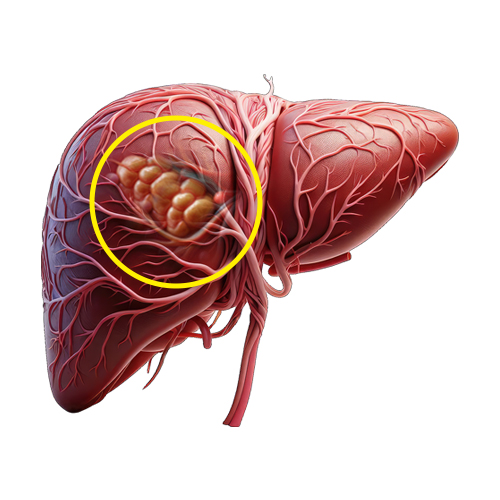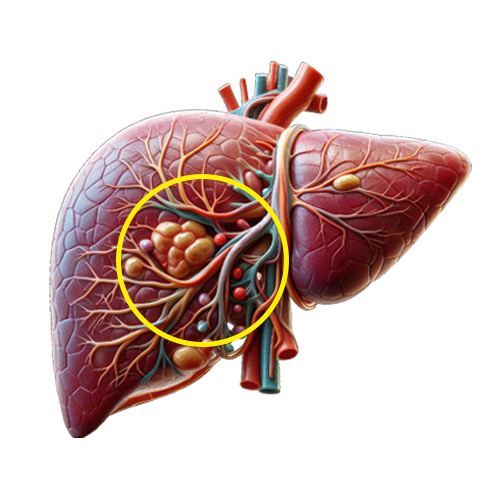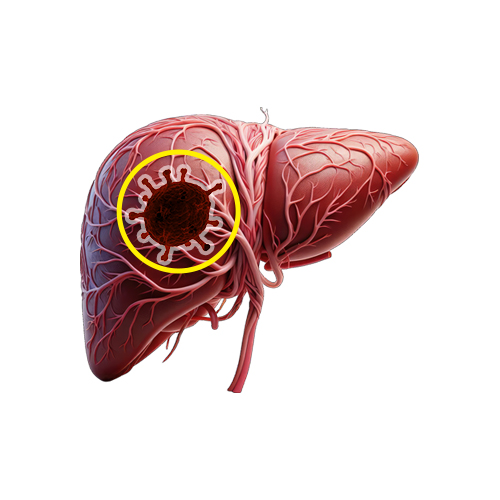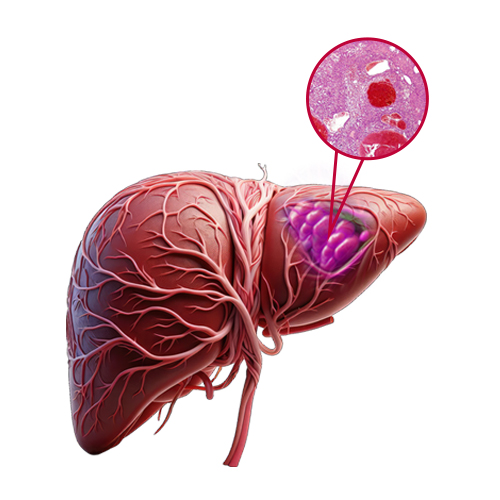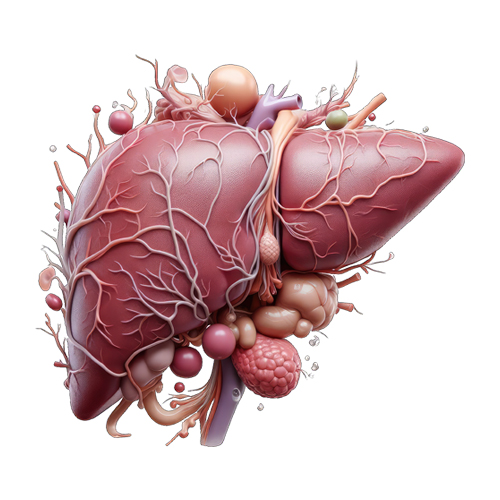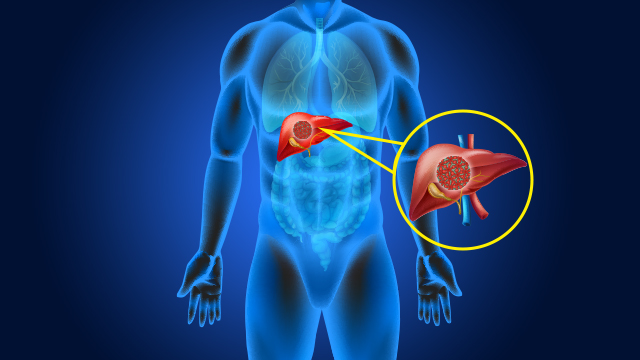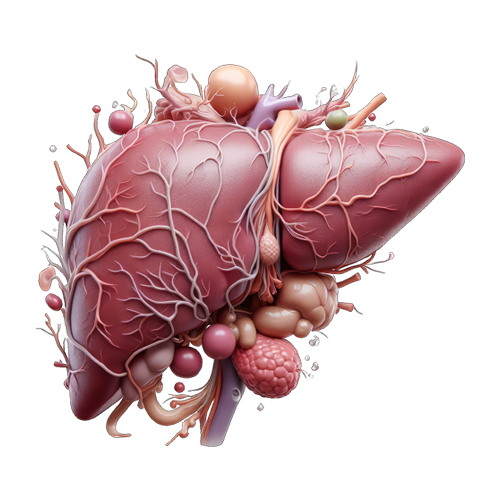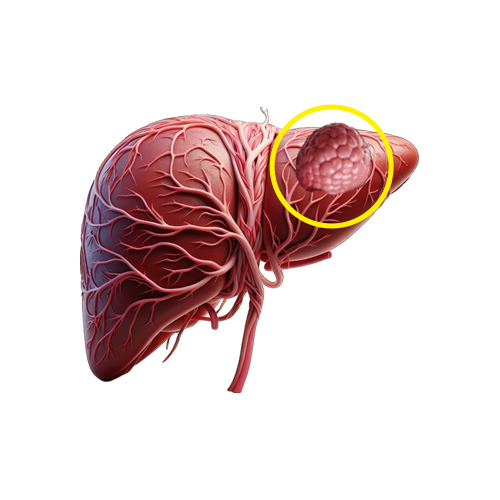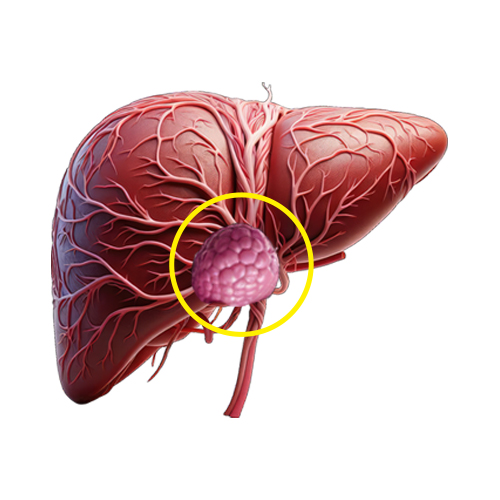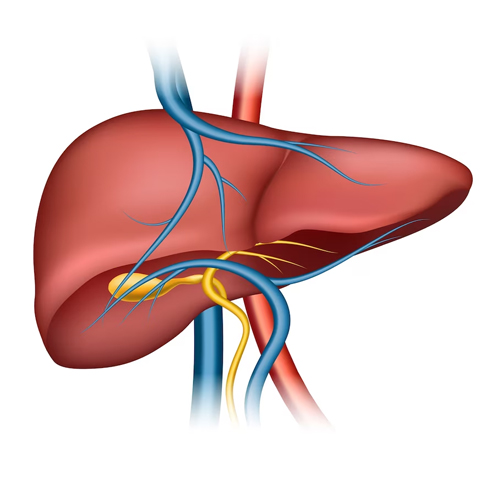Diagnosing liver cancer involves a comprehensive approach, combining medical history review, physical examinations, and various diagnostic tests. Here is an overview of the key steps in the diagnostic process:
Medical History and Physical Examination:
The healthcare provider assesses the patient’s medical history, including risk factors such as viral hepatitis, cirrhosis, and family history. A physical examination may reveal signs of liver disease.
Blood Tests:
Blood tests assess liver function and may detect elevated levels of certain markers, such as alpha-fetoprotein (AFP), associated with liver cancer.
Imaging Studies:
Imaging tests provide detailed images of the liver and surrounding structures, helping to identify tumors. Common imaging modalities include ultrasound, CT scans, and MRI scans.
Biopsy:
A liver biopsy involves obtaining a small tissue sample from the liver for laboratory analysis. This confirms the presence of cancer, determines its type, and helps guide treatment decisions.
Endoscopy:
In some cases, an endoscopy may be performed to examine the digestive tract. This is particularly relevant if there is suspicion of cancer spreading to the bile duct.
Angiography:
Angiography involves injecting contrast material into blood vessels to visualize the blood supply to the liver. It can help identify abnormalities such as tumor blood vessels.
Positron Emission Tomography (PET) Scan:
PET scans may be used to determine the extent of cancer spread by detecting areas with high metabolic activity.
